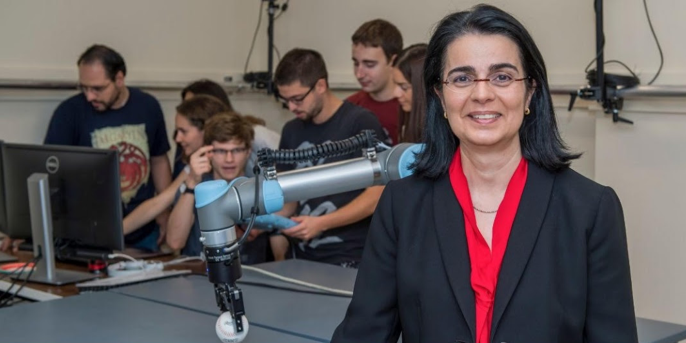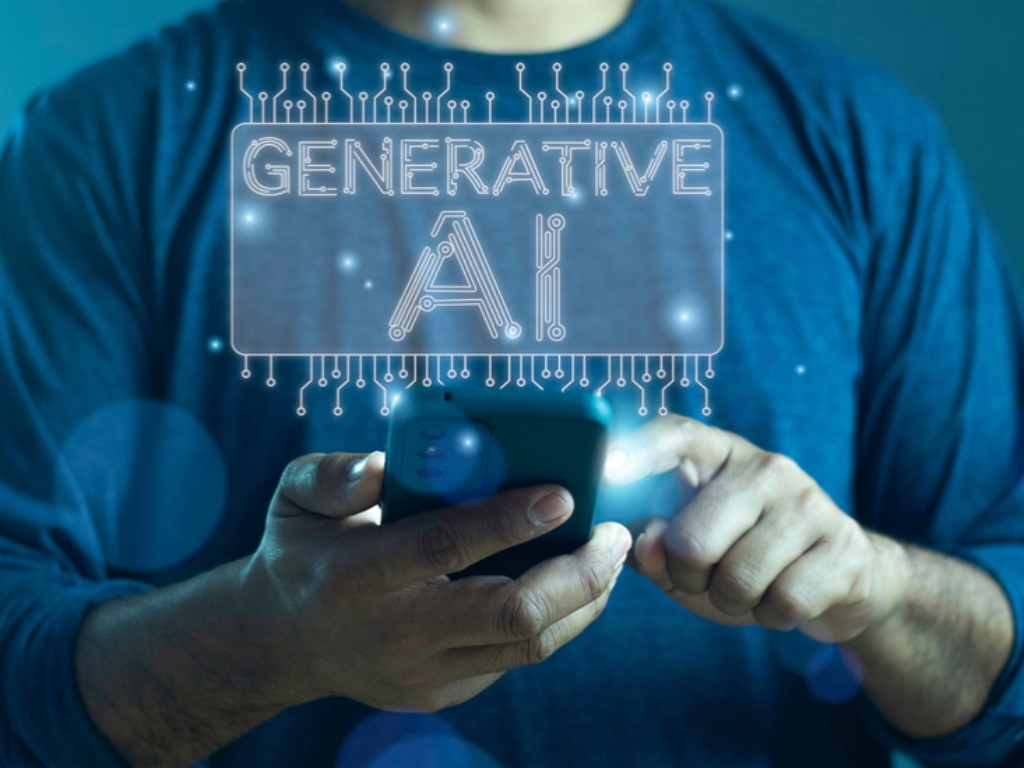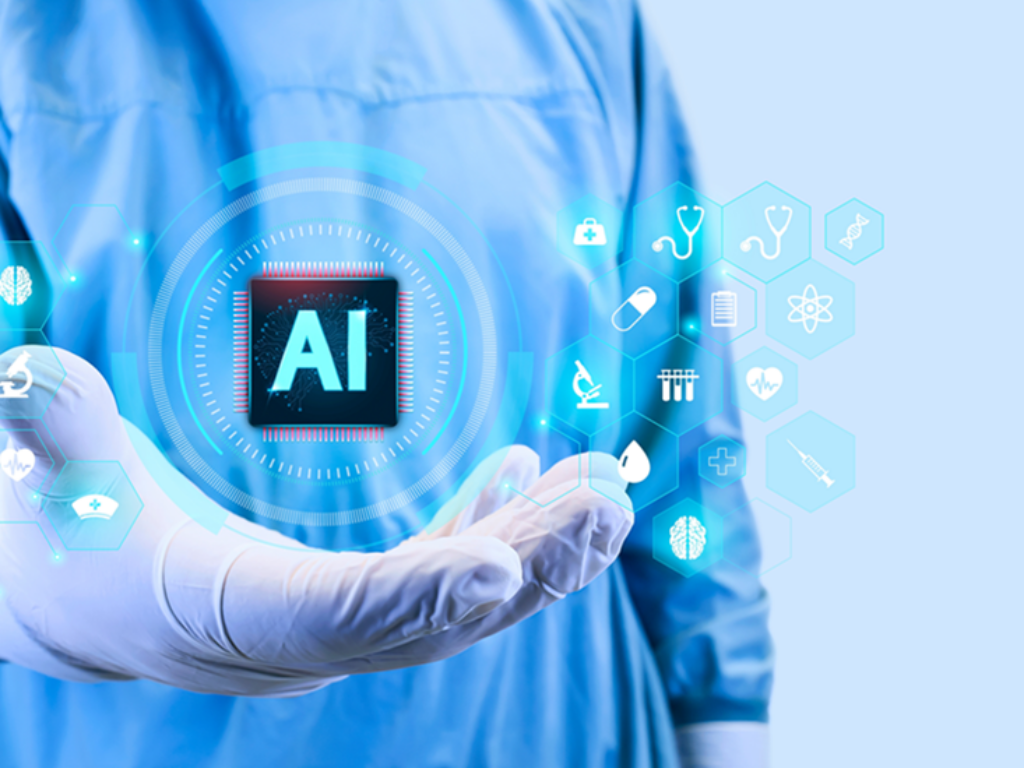Palo Alto, California – April 17, 2025: RISA Labs has raised a $3.5M funding round to help healthcare organizations eliminate one of the most persistent barriers to timely cancer care: prior authorization delays. RISA Labs has already proven that faster care is possible by dramatically reducing manual workflows and administrative burden. The seed was led […]
RISA Labs Raises $3.5M to Fight Treatment Delays with AI-Powered Workflow Automation in Oncology
Rice Univ. Prof. Lydia Kavraki Elected to National Academy of Engineering for Research in Biomedical Robotics
Rice University computer scientist Lydia Kavraki has been elected to the National Academy of Engineering (NAE), one of the highest professional honors accorded to an engineer, for her work on “developing randomized motion-planning algorithms for robotics and robotics-inspired methods in biomedicine.” Kavraki is Rice’s Kenneth and Audrey Kennedy Professor of Computing, and a professor of computer science, […]
AI Beyond LLMs: How LQMs Are Unlocking the Next Wave of AI Breakthroughs
In this contributed article, Dr. Stefan Leichenauer, Vice President of Engineering and lead scientist at SandboxAQ, discusses the profound evolution that is now emerging: Large Quantitative Models (LQMs), designed to tackle complex real-world problems in areas such as healthcare, climate science, and materials design, are set to revolutionize industries and unlock new AI-powered breakthroughs for some of the world’s greatest challenges.
How Generative AI is Shaping the Next Wave of Innovation
In this contributed article, Harikrishna Kundariya, co-founder, Director of eSparkBiz Technologies, discusses how generative AI is emerging as a revolutionary technology that is simplifying as well as reducing the cost of doing business across sectors. Generative AI is the new innovation after the Industrial Revolution that is going to bring remarkable changes in every aspect of the overall business environment.
UiPath Integrates Anthropic Claude Language Models to Deliver Next Generation AI Assistant and Solutions
UiPath embeds Anthropic’s Claude LLMs to fuel UiPath Autopilot for everyone, Clipboard AI, and a new GenAI healthcare solution to offer customers improved productivity, cost savings, and decision-making capabilities UiPath (NYSE: PATH), a leading enterprise automation and AI software company, announced the integration of Anthropic’s large language model (LLM), Claude 3.5 Sonnet, to deliver new AI features in three key […]
Proscia Launches Concentriq Embeddings and Developer Toolkit to Unleash Pathology AI Development
Proscia®, a global leader in AI-enabled pathology solutions for precision medicine, today announced the launch of Concentriq® Embeddings and the Proscia AI Toolkit, enabling life sciences organizations to accelerate the discovery and development of novel therapies and diagnostics.
Predictive Analytics: A Glimpse into Your Health’s Tomorrow!
In this contributed article, Sanket Patel, co-founder of Digicorp, discusses how in the healthcare industry, predictive analytics aims to foresee patient health trends, treatment outcomes, and potential risks by analyzing vast amounts of medical data.
NVIDIA and Global Partners Launch NIM Agent Blueprints for Enterprises to Make Their Own AI
NVIDIA today announced NVIDIA NIM(tm) Agent Blueprints, a catalog of pretrained, customizable AI workflows that equip millions of enterprise developers with a full suite of software for building and deploying generative AI applications for canonical use cases, such as customer service avatars, retrieval-augmented generation and drug discovery virtual screening.
New Research: Healthcare + Life Sciences Leading Industries in AI Adoption
Vultr’s latest industry report, Unlocking the Power of AI in Healthcare & Life Sciences, outlines the AI adoption and maturity successes the Healthcare & Life Sciences (H&LS) sector have implemented to positively impact enterprises and their finances.
Regulators Must Keep Pace with Advancement of AI for Fresh and Innovative Healthcare Benefits
In this contributed article, Elaine Gemmell, Head of Regulatory Affairs at InnoScot Health, discusses regulators needing to keep pace with advancement of artificial intelligence for fresh and innovative healthcare benefits.











